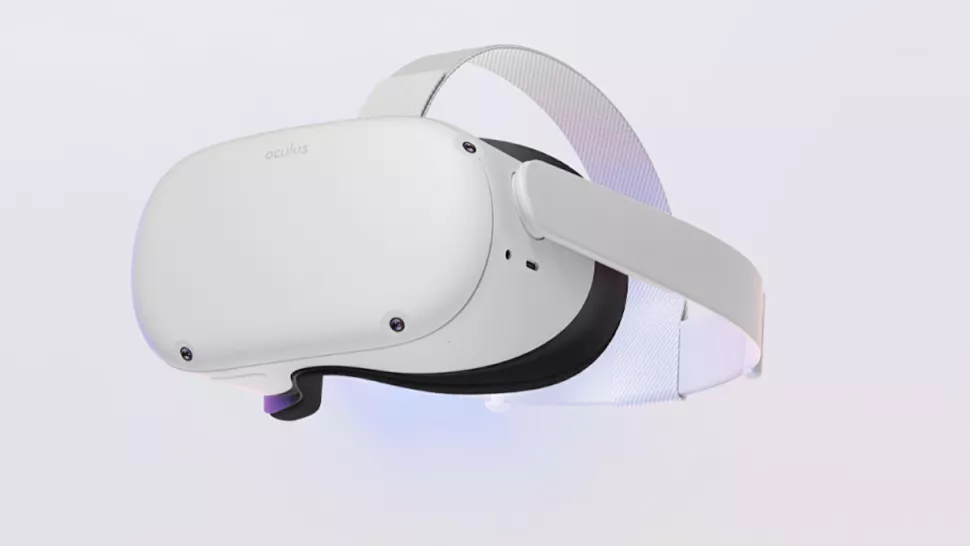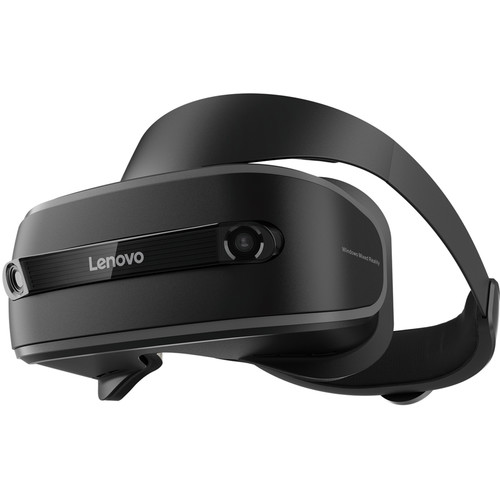Oculus Quest 2 vs Lenovo Explorer
When you compare the Oculus Quest 2 to the Lenovo Explorer you can see which VR Headset is better. Let's take a look of the comparison, and see which model of VR Headset out ontop.
What VR Headset is better?
When it comes to virtual reality headsets, the two main contenders are the Oculus Quest 2 and Lenovo Explorer. Both of these headsets provide an immersive experience, but they differ in some key ways that will help you decide which one is best for your needs.
First up, let’s talk about the Oculus Quest 2. This headset offers a stand-alone VR experience, meaning no external sensors or computers are needed in order to use it. The device has a field of view (FOV) of 97°, and its resolution is 1832 x 1920 pixels per inch (PPI). It also features Qualcomm Snapdragon XR2 as its processor with Android 10 as the operating system. Furthermore, it supports room scale tracking and 360° tracking for more accurate motion capture. Finally, this headset refreshes at 72 Hz – great for most games but not as smooth as other higher refresh rate displays on PCVR devices such as HTC Vive Pro or Valve Index.
The second contender is the Lenovo Explorer headset – a Windows PC VR device capable of running some of today's top gaming titles on high settings. This model has an impressive 110° FOV and 2880 × 1440 PPI display resolution providing sharper visuals than its counterpart mentioned above while offering smoother performance due to its 90Hz refresh rate. To take advantage of this headset’s maximum potential however you will need at least an Intel Mobile Core i5 Dual-Core with Hyperthreading CPU and Intel HD Graphics 620 GPU installed on your computer for optimal performance - making it slightly more demanding than Quest 2 when compared in terms of hardware requirements necessary for usage purposes .
In conclusion both headsets have their pros and cons but based on my personal experience I preferred using Oculus Quest 2 more over Lenovo Explorer because besides being portable it still provided me with satisfactory visual fidelity alongside somewhat smoother performance even though their refresh rates were lower respectively making them suited towards those who seek immersive experiences without having to go through all the trouble of purchasing additional hardware components often required by PCVR headsets such as this one mentioned above in order to utilize them efficiently thus leading me to believe that Oculus Quest 2 was a better choice overall when comparing these two models within context according to my own opinion
Specs comparison between the two VR Headsets
| Oculus Quest 2 | Lenovo Explorer | |
|---|---|---|
| Overview | ||
| Brand | Meta | Lenovo |
| Model Name | Quest 2 | Explorer |
| Release Date | 13102020 | 2017 |
| Country of Origin | United States | China |
| Category | Standalone VR | PC VR |
| Battery Life | 3 h | 12 h |
| Display | ||
| Field of View | 97° | 110° |
| Resolution | 1832 x 1920 px | 2880 × 1440 px |
| Refresh Rate | 72 Hz | 90 Hz |
| Display Type | LCD | LCD |
| Minimum Requirements | ||
| Min. CPU Required | Intel Mobile Core i5 Dual-Core with Hyperthreading | |
| Min. Graphics Required | Intel HD Graphics 620 (GT2) | |
| Min. RAM Required | 8 GB | |
| Operating Systems | Microsoft Windows | |
| Sizing | ||
| Weight | 503 g | 380 g |
| Dimensions | 192 x 102 x 143 mm | 185 × 95 × 102 mm |
| Features | ||
| Room Scale? | YES | YES |
| 360 Tracking? | YES | YES |
| Positional Tracking? | YES | |
| Front Camera? | YES | |
| Eye Tracking? | No | |
| Usable with Glasses? | YES | YES |
| Cooling System | No | |
| Built in Headphones? | No | |
| Built in Microphone? | No | |
| Flip Visor? | YES | |
| Voice Command? | YES | |
| IPD Adjustment? | YES | YES |
| Lens to Eye Adjustment? | YES | |
| USB? | YES | YES |
| Display Port? | YES | |
| HDMI? | YES | |
| Bluetooth? | YES | |

